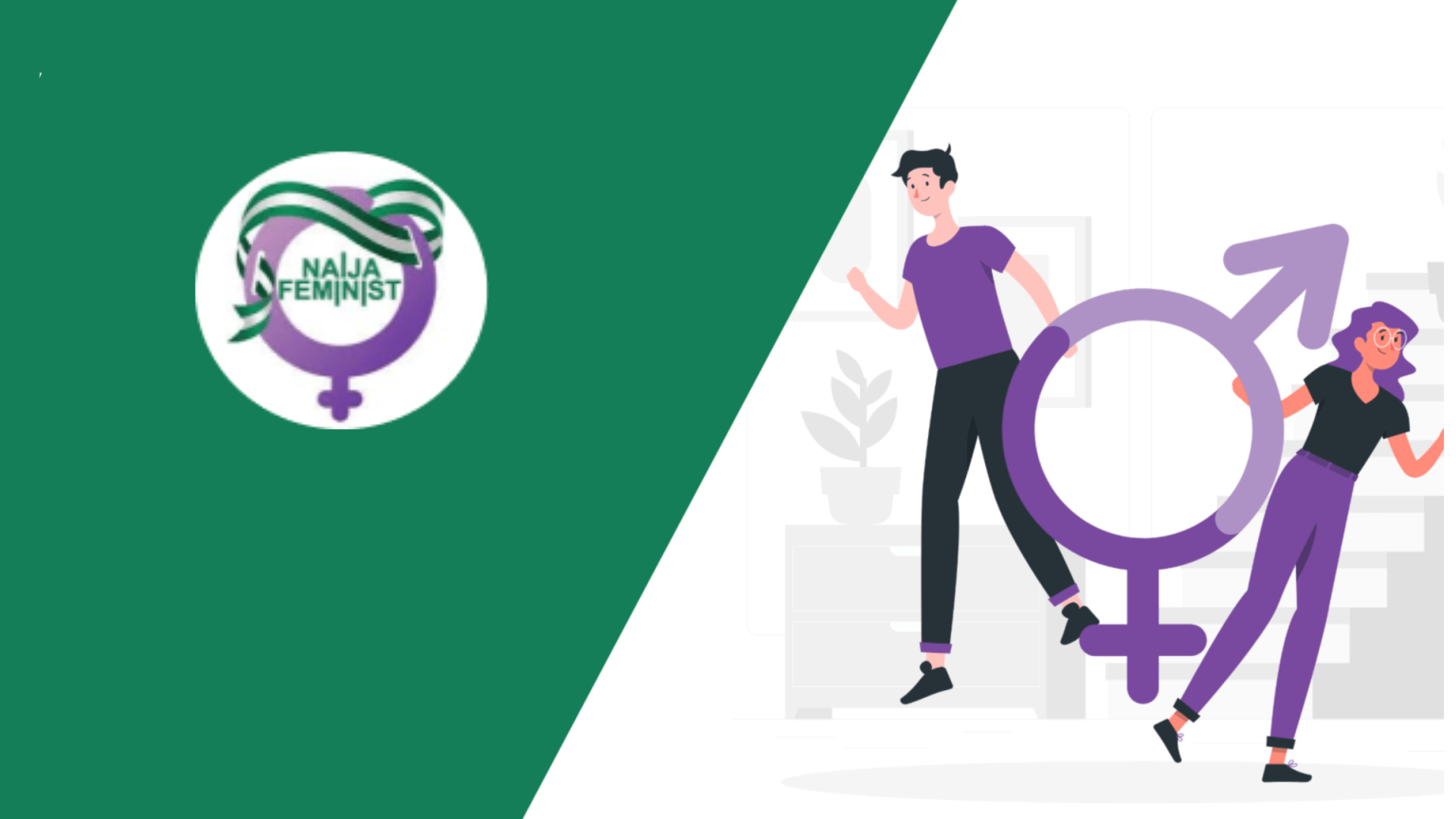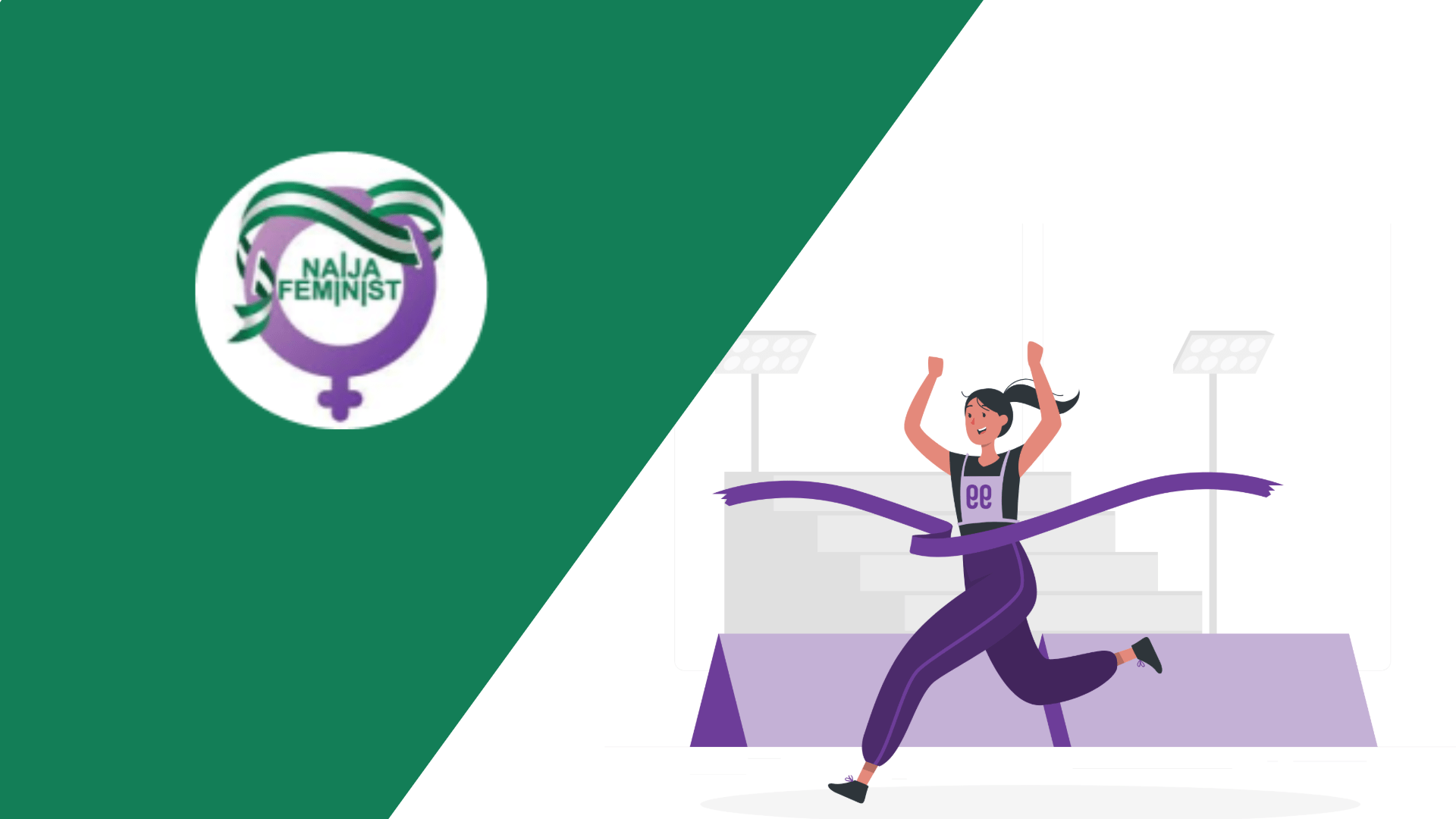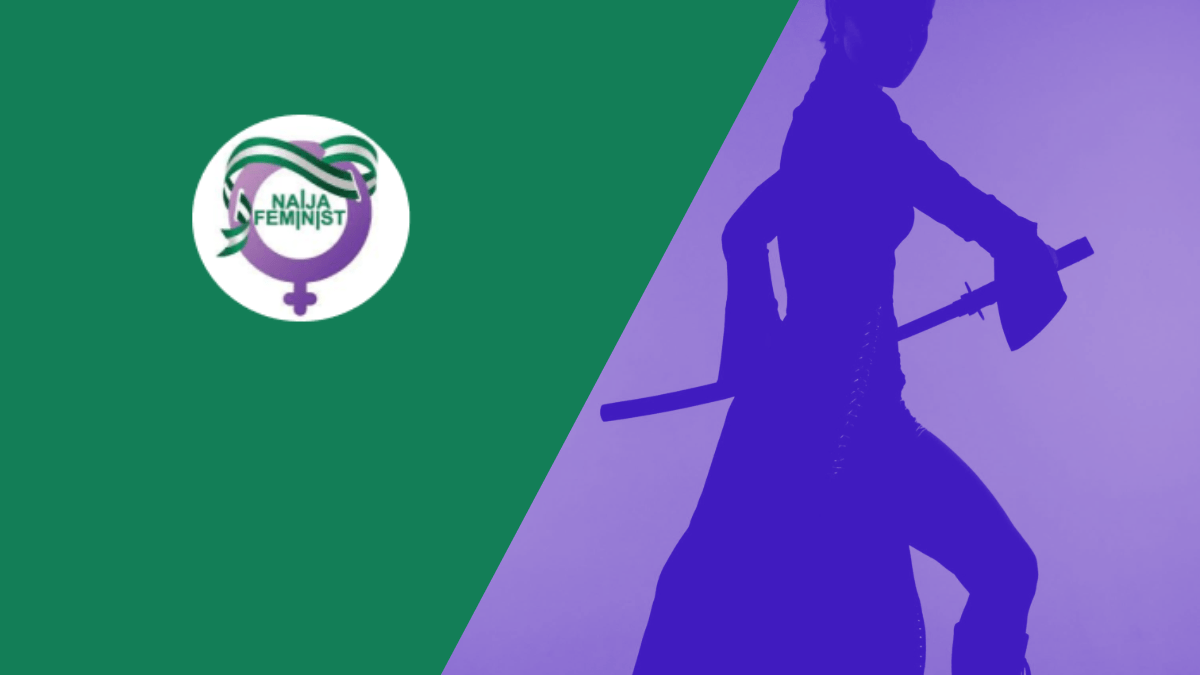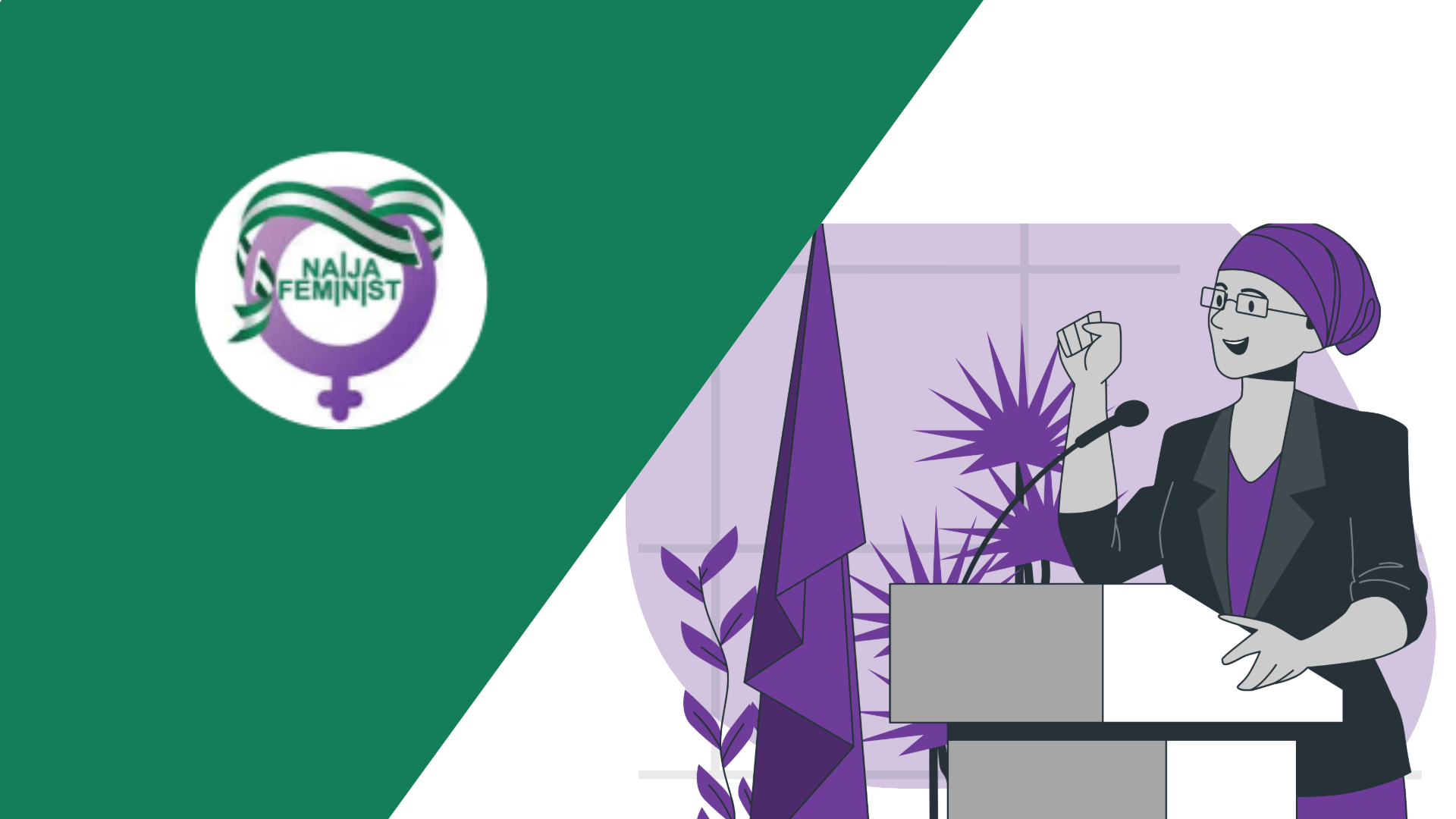Newsletter
Women’s full autonomy must always be recognised in gender debate

|
Getting your Trinity Audio player ready...
|
| Hello friend, It is essential to view women as humans when discussing women’s rights. All too often, discussions surrounding women’s rights unconsciously adopt a misogynistic approach by reducing women to patriarchal roles rather than acknowledging their personhood. This often leads to overlooking their inherent worth as individuals. A popular example of this dehumanisation occurs in discussions surrounding female feticide, particularly when addressing the gender demographic imbalance resulting from sex-selective abortion. People often frame the issue in terms of how it affects men: “There are no women for these men to marry.” This statement completely disregards the tragedy that girls are being denied their rights to life. As such, instead of viewing women through the lens of the roles they serve to others, such as wife, daughter, mother, and sister, we must centre and highlight their personhood. Every girl lost to feticide is a unique individual who was not born simply because of their sex. We need to start seeing women as the main characters in their own stories rather than as supporting characters in the lives of others. We can have meaningful conversations about equality and rights only by recognising women and girls’ full humanity. So, we must always frame our discussions proactively. Humanising women in everyday dialogues brings us closer to creating a more just, equitable and sustainable world. With love and solidarity,The Naija Feminists Community. |
 Prison Abolitionism criticises systemic racism but overlooks women’s need for justice By Oluwafunmbi Ogunsola Prison abolitionism is a movement that calls for the complete dismantling and eradication of the prison system, seeking to explore alternative approaches to addressing crime and punishment such as community-based programmes, and restorative justice. The key founders of the ideology include Angela Davis, the Black Panther Party, and Women of Colour (WOC) feminists. This radical movement examines societal factors, including racial and class inequalities, that contribute to crimes committed by black men. Some of these factors include racial profiling and disproportionately long sentences, with black men typically receiving sentences that are 19% longer than those of white men for the same crimes. While the movement itself criticises systemic racism, it overlooks the unique needs of black women who face intersecting forms of oppression, such as misogynoir. For women and girls who have suffered male violence, the assurance that their perpetrators are held accountable and incarcerated provides them with a sense of peace, safety and justice. It also ensures that perpetrators do not have the freedom to harm others. Also, restorative justice, often seen as an alternative to incarceration, can conflict with feminist principles, particularly in cases of violence against women. While it may be suitable for non-violent offences, its application in domestic violence situations poses significant risks. The process typically requires direct interaction between victims and perpetrators, which can heighten feelings of vulnerability and undermine the commitment to safety. Continue reading to discover how prison abolitionism is unsuitable with feminist principles. |
 We are launching a feminist show to increase our social consciousness! A Dose of Feminism (ADoF) will amplify feminists’ insights on various issues concerning women and girls. It will also spotlight Nigerian women making waves worldwide, highlighting how they became feminists and how the ideals have bettered their lives and careers. If you want to feature, partner with, or advertise on the show, mail us naijafeminists@gmail.com   |
 Naija Feminists Media is hiring content writers (intern). Pay is N50,000, and must be passionate about gender equality. Send your CV, writing sample and application to naijafeminists@gmail.com. Learn more about the role.FEMNET is looking to hire consultants for the African Feminist Macroeconomic Academy. Learn more and send your proposals.The American Fellowship programme opens September 16 to fund female scholars pursuing full-time study to complete dissertations, conduct postdoctoral research, or prepare research for publication over eight consecutive weeks. |
 |






Your article helped me a lot, is there any more related content? Thanks!